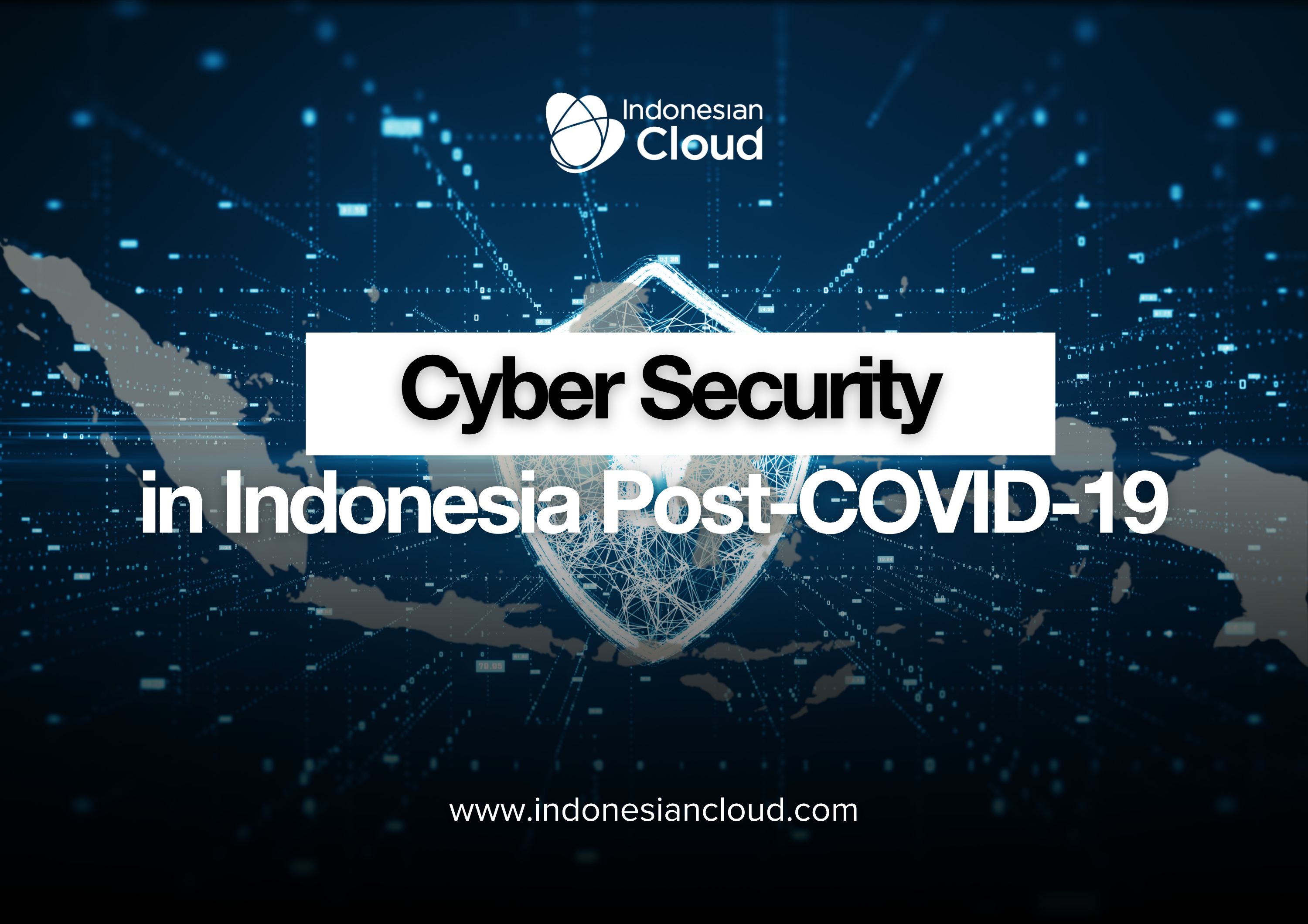COVID 19 changed life in Indonesia. People worked from home, studied online, and used digital payments more often. As a result, new habits grew. It also showed the need for cybersecurity in Indonesia.
But the change brought new risks. Hackers found more chances to strike. So, companies and the government must protect their systems. At the same time, people must stay alert to online threats.
This article will look at cybersecurity in Indonesia after COVID 19. It will cover the risks, new attack trends, and simple ways to stay safe.
How Digital Growth After the Pandemic Shapes Cybersecurity in Indonesia
After COVID 19, digital use in Indonesia grew quickly. Cloud, fintech, and e commerce became daily needs. At the same time, online learning tools and team apps spread everywhere.
This growth brought many good results. For example, businesses worked faster and more people joined the digital economy. In short, Indonesia moved further into a digital first era.
Phishing became common. Ransomware spread fast. Data leaks happened more often. As a result, both users and companies faced more danger.
Cybersecurity in Indonesia: Threat Trends
More Data Leaks
Personal data leaks are now frequent. E commerce, health apps, and even state systems have lost data. Consequently, many people doubt the safety of online platforms.
Ransomware on the Rise
Ransomware grows fast across Asia. Indonesia is not safe from it. Without backups, firms are easy targets. As a result, many lose money and harm their brand.
Attacks on Public Services
Healthcare, energy, and transport are now targets. These services went online after COVID 19. However, their security has not kept up.
Smarter Phishing
Phishing keeps changing. Hackers pose as banks, shops, or health apps. Therefore, users must stay alert and check every link.![]()
Cybersecurity in Indonesia: New Rules and Regulations
In response, Indonesia passed the Personal Data Protection Law (PDP Law) in 2022. The law requires firms to:
-
Keep customer data safe.
-
Report leaks fast.

-
Hire a data officer.
In short, the law makes data safety a top rule.
Cybersecurity in Indonesia: Strategies After COVID-19
Build Awareness
People remain the weakest link. That is why training is vital. Staff and the public must learn to spot scams, use strong passwords, and turn on two-step login.
Use the Right Tools
Firms should use DLP, SIEM, email encryption, and cloud backups. With these tools, the risk of leaks and attacks is smaller.
Work Together
Cybersecurity is not a solo task. In fact, the government, private firms, and tech providers must share info. Moreover, they need to set clear standards.
Invest in SOC Services
Many companies now use Security Operation Centers (SOCs). By doing so, they can detect and stop threats in real time. As a result, business continuity improves.
Key Challenges
Despite progress, Indonesia still faces three big issues:
-
Too few cybersecurity experts.
-
High cost of security tools.
-
Low public awareness of data safety.
Conclusion
In conclusion, digital growth after COVID 19 brings both progress and risk. Phishing, ransomware, and data leaks are more common. Moreover, new laws demand stronger defenses.
Therefore, companies need trusted partners. With strong systems, they can protect data and win customer trust. Ultimately, this helps them grow with less worry.
Indonesian Cloud’s Role
Fortunately, Indonesian Cloud provides local cloud services with global standards. Its tools include backup, disaster recovery, email safety, and managed security. With these, firms can protect data, stay online, and build trust.
Cybersecurity is no longer just a tech matter. Instead, it is a key part of business success. Finally, with Indonesian Cloud, firms in Indonesia can face threats and grow their digital future with confidence.
